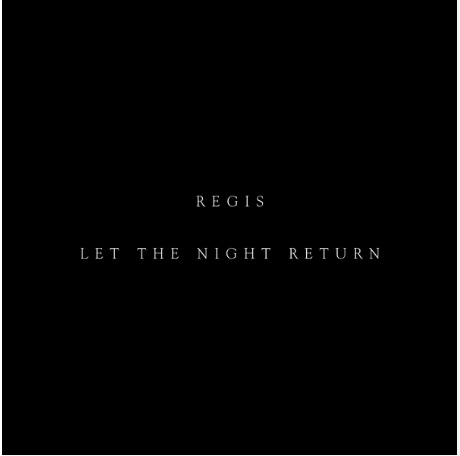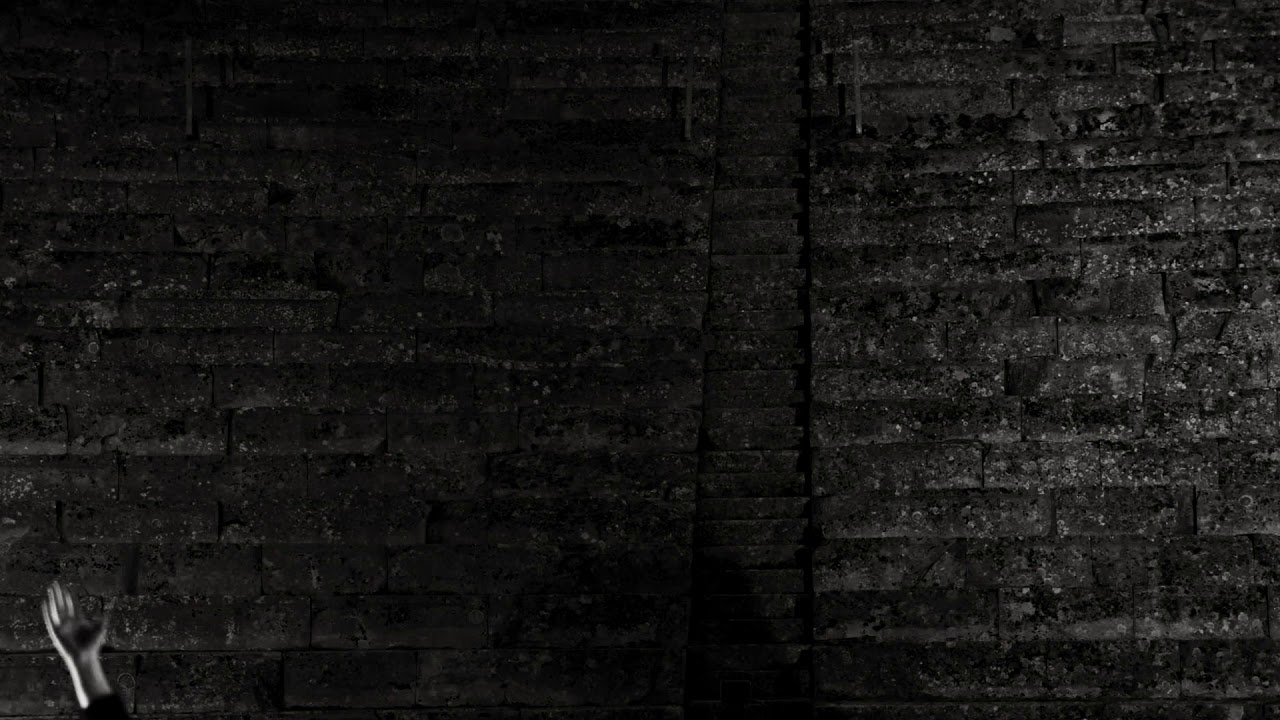It’s fair to say that in a time when we’re starved for the thrill of live music, most of the virtual replacements have proved a poor substitute, with most home-recorded live streams and so on like the worst soggy tofu standing in for a glorious hand-chopped steak tartare. Let The Night Return, a new performance film meets live album and fancy book by Karl ‘Regis’ O’Connor, marks an exception to this rule. The Ancient Theatre of Epidaurus in Peloponnese has been hosting varied entertainments in its gracefully curving stonework since the fourth century BC. Still known for its incredible acoustic qualities, it can hold 14,000 people, though an audience of none was present for the recording of O’Connor’s film, beautifully shot by Vasileios Trigkas in June 2019. The Ancient Theatre of Epidaurus was part of a complex devoted to Asclepius, Greek god of medicine, and it was believed that attending performances there could have a beneficial affect on the health of those present – that this socially-distanced, zero audience gig in a medically resonant historic site was filmed long before the Covid crisis is a curious twist of fate.
Although watching DJs bob on webcams is now a multi-million pound industry for youth ‘platforms’ and drinks brands (if not the DJs themselves), we’re unused to seeing people from the techno realm that O’Connor usually inhabits as performers. And while he’s done his shift on the Boiler Rooms of this world, this is something very different – why turn up for a few cans of warm Red Stripe when you can descend on an ancient Greek theatre in order to indulge your much-frustrated inner goth pop star? It’s long struck me that frustrated goth pop star is very much what O’Connor is. It’s as if his frequent habit of taking the piss out of techno, the genre in which he made his name, has as much to do with his own disquiet at where his creative path has led him as it does with a cheeky desire to wind up the 4/4 bros. Well, you couldn’t end up with a much more preposterous yet brilliant realisation of these ambitions than Let The Night Return.
The film opens with a wide angle shot of distant mountains silhouetted agains the sky beyond the theatre. There are shots of musical gear, flight cases stencilled ‘BIRMINGHAM ENGLAND’, a nice demonstration of Regis’ regional pride. Bugs and cats crawl across the ancient stones. Tree branches and leaves glow around the edge of wide angle shot. O’Connor prowls dressed in a flowery shirt and a well-cut jacket, hitting a guitar, creating the sort of unearthly hum Einstürzende Neubauten like to make before they start grinding up through the gears. But instead of noise, he starts to play the organ melody from Lou Reed’s ‘Temporary Thing’, He flaps his hand on his heart a lot as he coaxes that trademark O’Connor mechanical yet gristly rattle from his gear. It’s absolutely banging, partly in the vein of his long-standing British Murder Boys collaboration with Tony Surgeon, but with that heaviness combined with a grittier post punk edge. This is especially pronounced as O’Connor starts yelling enigmatic slogans into a mic – “give me a reason”, “silence is golden / I’ve been struck dumb”, and similar. As it continues, rhythms becoming heavier and heavier, O’Connor strides around with an antsy energy, as if he’s working out what his limbs can do after years of being stuck behind vinyl decks or DJ laptop. It ends via abstract samples of rattles and choral vocals before that refrain from ‘Temporary Thing’ becomes a full and rather affecting cover of the song, O’Connor charging around the middle of the amphitheatre brandishing the microphone stand, tying himself up with the lead, and other such rock & roll antics. It’s telling that you could put this on and not look at the footage, and the result would still be a really solid Regis album – that’s he’s sticking it out as a film only is an act of pleasing bravura.
To turn up in a 2,360-year-old theatre to be filmed prancing around like you’re simultaneously auditioning to replace Nick Cave in The Birthday Party and the lead role in a Marc Almond biopic could be an act of ridiculous hubris and gargantuan folly, a mid-life crisis, an Ozymandius on the digital shelves of the Boomkat emporium. Yet this works because O’Connor has long embraced a sense of the absurd in his work, teasing with simultaneous self-deprecation and aggrandisement – an aesthetic ideal that I fear is being lost in our overly sincere and earnest age. Let The Night Return is a suave, entertaining trip of a film, a modern Pink Floyd’s Live At Pompeii that unites the saucy chemical generations, slightly ridiculous but utterly unique.



